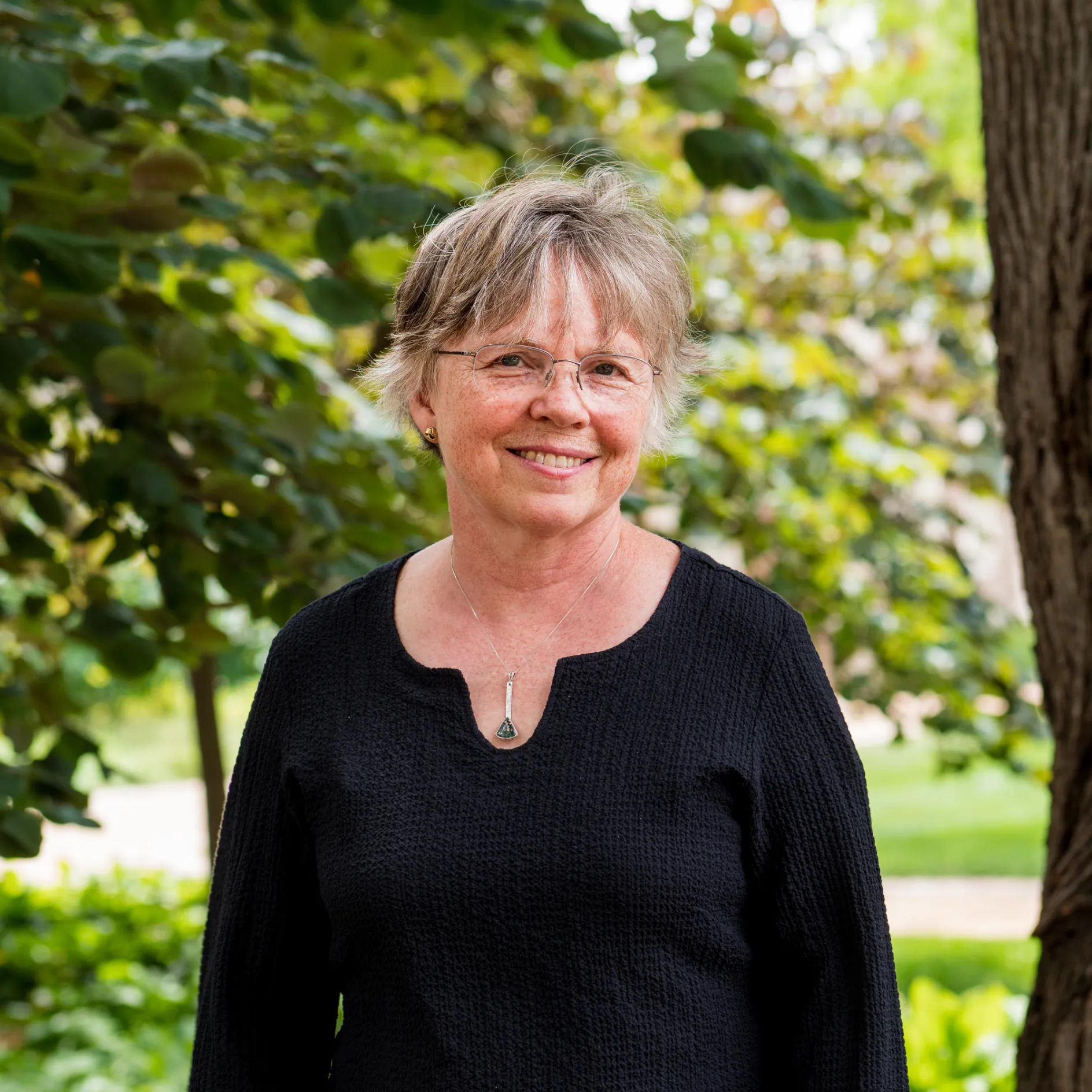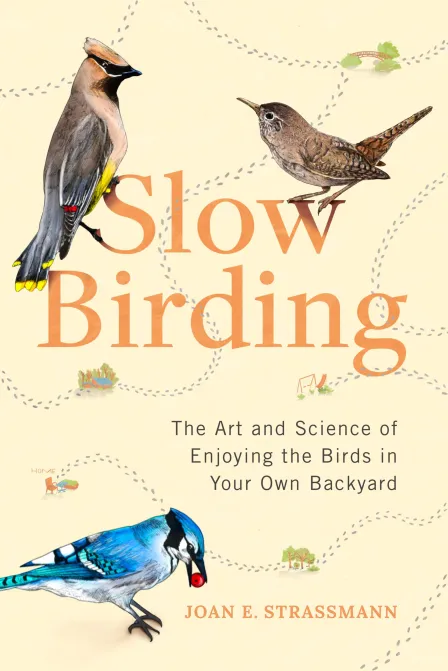Professor Strassmann’s work investigates cooperative alliances that have occurred at several important steps in the evolution of life, and have proven evolutionarily and ecologically very successful. Studying how these alliances came to be, how conflicts are subsumed into cooperation, what conflicts remain, and how they influence sociality comprise her dominant research interests.
The evolution of life has resulted in the cooperative aggregation of cohesive units that prosper together. These units may be the same, as with the evolution of multicellularity, or they may be different, as with the evolution of the eukaryote cell. For such cooperation to evolve, conflicts at lower levels must be controlled.
Joan Strassmann studies the evolution of cooperation and the control of conflict in a microbial eukaryote, the social amoeba Dictyostelium discoideum. It is uniquely suitable for this work because transitions that are fixed in most organisms are still flexible. This amoeba preys on bacteria but, when starved, aggregates into a multicellular body that moves towards light, and then differentiates into 20% dead stalk cells that support 80% living spore cells. When the multicellular stage is chimeric, the opportunity for one clone to cheat the other arises.
Strassmann identifies genes involved in this process, look at their rates of evolution using 20 resequenced clones and a handful of sequenced closely related species. She uses experimental evolution to look at the robustness of the social process and the importance of high genetic relatedness within fruiting bodies in maintaining the altruistic caste. She also explores kin recognition and its genetic basis. She studies the evolution of development by constructing pseudo-organisms with artificial life cycles where we manipulate things like single-cell bottlenecks, and has found that some clones carry bacteria with them in a farming and defensive mutualism, and use this to experimentally study mutualism. In sum, her group studies what’s crucial to organismality.


